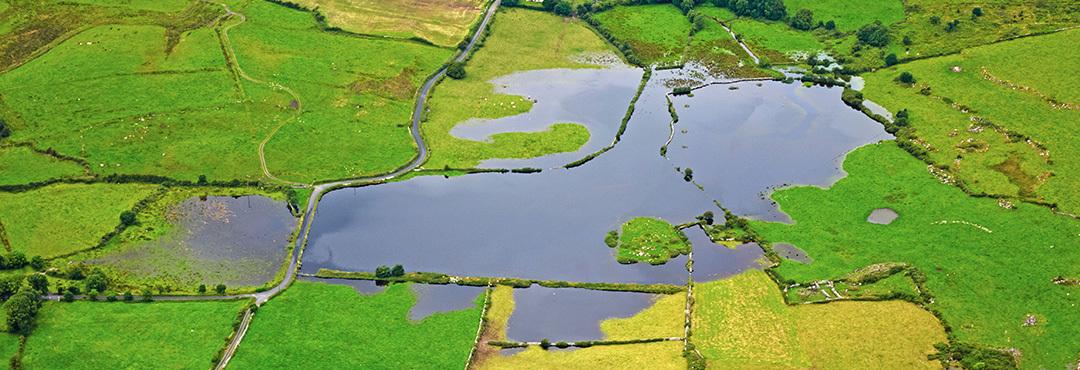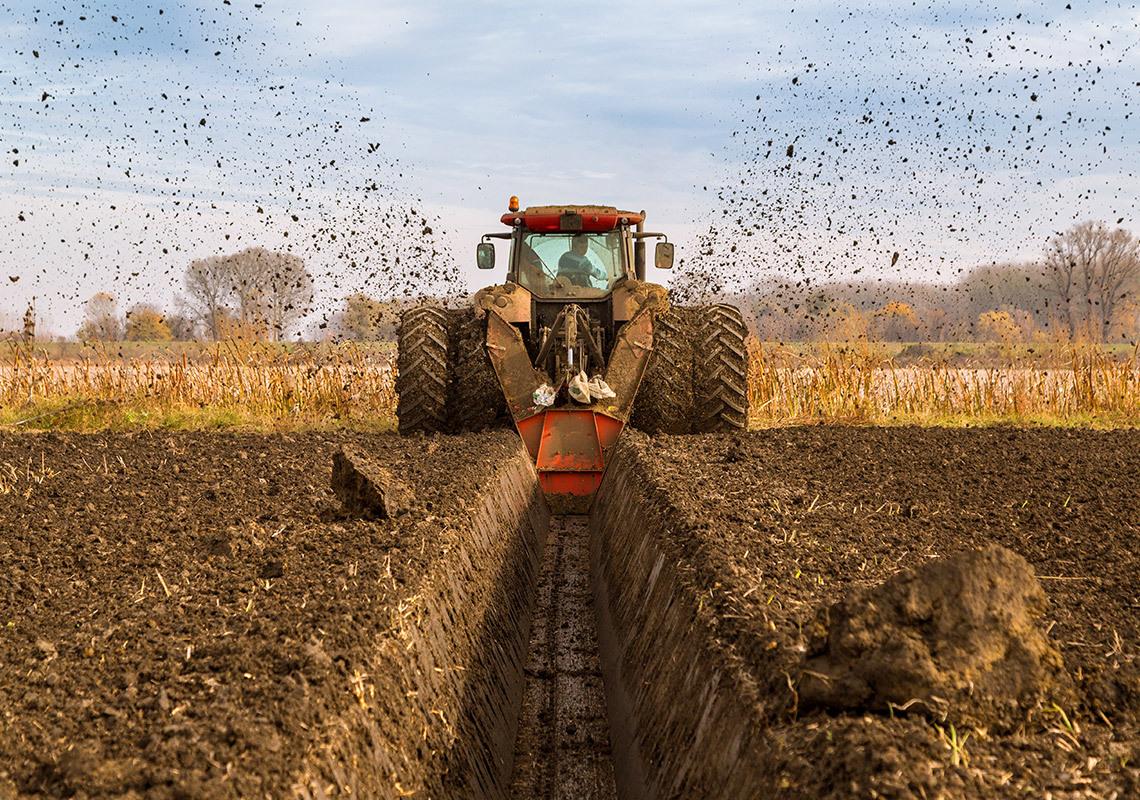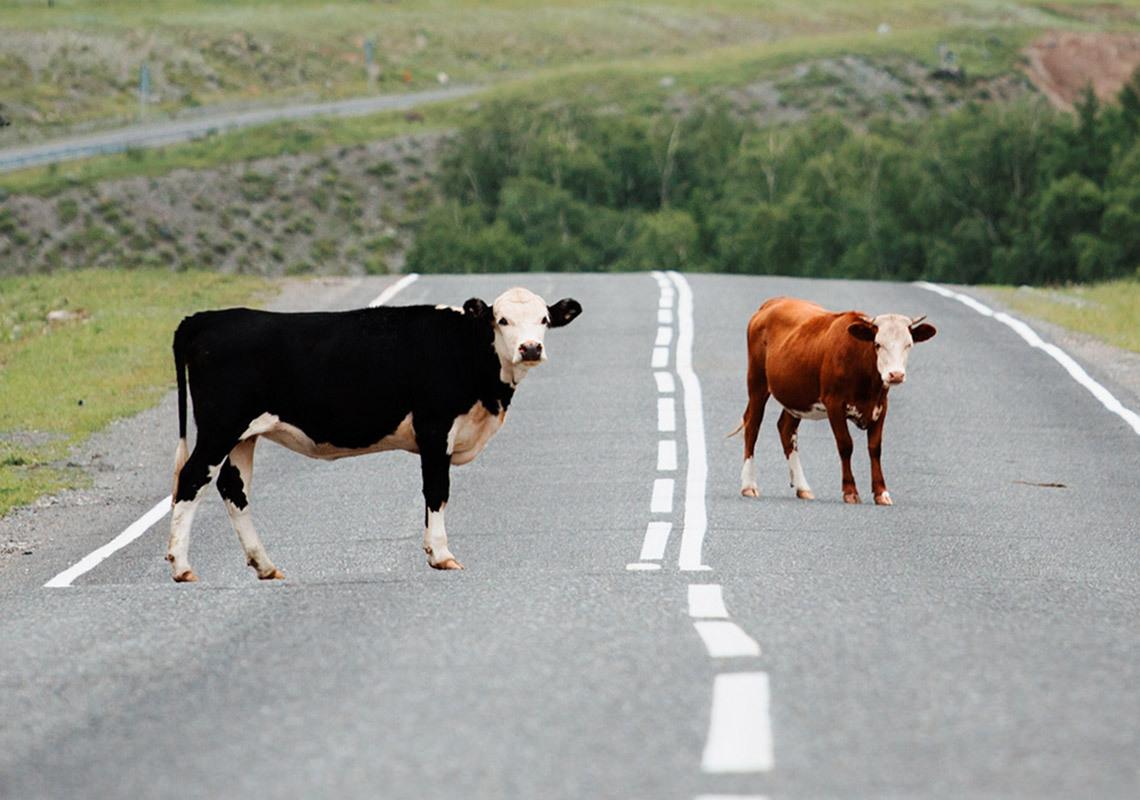From Risk to Resilience: Climate Change in the UK and Commercial Farm Insurance
The rising tide of challenges, flooding events and extreme weather in the UK has an increasing influence on farm insurance. While flooding remains a significant concern, overspray and wind factors have also started to play a large role in the evolving challenges faced by farmers.
February has become a known month to expect some of the most extreme weather in the UK, with more records being broken year after year. In February 2022, the UK witnessed three storms, bringing red warnings of gales, rain, and snow; England peaked at a record of 122mph winds. The year before, minimum temperatures were below -10 °C, and severe frost and snow were widespread. After a bad harvest last year due to storm Babet sweeping the country in October and storm Henk in January 2024, submerging fields underwater and ruining crops, flooding events are becoming more frequent and likely to cause devastation to the farming industry due to extreme weather in the UK and climate breakdown.
So, What Are the Legal and Financial Risks to Farmers Whose Land Becomes Flooded?
First, the primary concern and main risk is, of course, physical loss and damage to crops, livestock, buildings and agricultural equipment/vehicles. Additionally, the farmland itself being submerged under water for long periods of time, causing issues such as compaction, contamination and long-term impact on produce. Secondly, the significant risk to farmers is the potential loss of government subsidies under the various schemes offered, such as the Basic Payment Scheme (BPS), Countryside Stewardship (CS), Environmental Stewardship (ES) and others. All of these are contingent upon farmers adhering to specific agreement conditions and “cross-compliance” rules. For instance, there is an obligation to "protect soil by having a minimum soil cover" and "minimise soil erosion," which may be compromised during flooding events, either temporarily or permanently.
Furthermore, the forthcoming Agricultural Transition will replace and expand on the existing schemes with the Environmental Land Management scheme. This new scheme will encourage farmers to enhance the natural environment, including natural flood management measures. Thirdly, should the flooding be excessive and cause harm to another person's land, you potentially could be liable for nuisance or negligence. Lastly, in theory, you may be subject to enforcement actions by the Environmental Agency if floodwaters pose a risk to the environment. However, this risk appears to be relatively low, given the ‘advice-led’ approach the Environmental Agency takes towards other environmental risks.
How Does Climate Change Necessitate Changes to Insurance?
The foundation of the insurance industry is based on a commitment: To provide coverage for the losses of the few through the contributions of the many. With the risks faced by land and agriculture due to the ever-changing and severe weather brought about by climate change, the likelihood of widespread flooding events is increased. As these natural disasters are anticipated to occur more frequently, there is concern that the expenses could surpass the capacity of the insurance market, resulting in the widening of the ‘protection gap’. This does not mean the insurance industry has no role to play, far from it.
In reality, farm insurance has never been more important, and Farm and General are passionate about fulfilling our historic role by evolving our products to adapt to how we work with the government and other industries. These partnerships aim to keep premiums down and protect your land, livestock, and property throughout extreme weather in the UK. Learn more about our insurance solutions for traditional and modern farms here
The Key Takeaways
- Prevention is preferable; we suggest proactive engagement with the Environmental Agency, as they can provide valuable information and guidance.
- Seeking opportunities with introducing the Environmental Land Management scheme, as you may qualify for payments related to natural flood management practices.
- Seek assistance: If you are part of an existing scheme and anticipate that a flood event may hinder your ability to meet agreement conditions temporarily or permanently, promptly contact the Rural Payments Agency (RPA).
- Maintain detailed records: Keeping records, including photographs depicting the extent and location of flooding and damage, can be highly beneficial. Maintain a file of all communications with the Environment Agency, RPA, or other relevant parties/advisers.
Should you have any concerns about the protection of your land and assets, don't hesitate to get in touch with us at Farm and General. One of our friendly team members can discuss the best cover options available to you.




